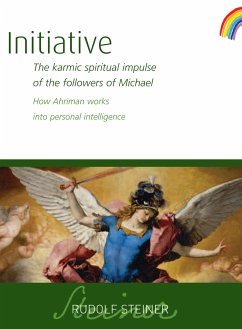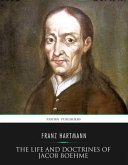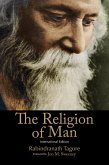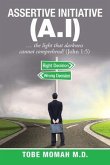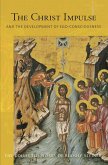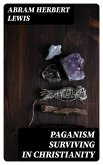Rudolf Steiner urges those who feel the calling of the Archangel Michael to become people of initiative. The anthroposophist should be aware that, '... initiative lies in his karma, and much of what meets him in this life will depend on the extent to which he can become willingly, actively conscious of it.' In the second half of this inspiring lecture, Steiner describes how the being of Ahriman is able to work through the personal intellect of human beings today. As a consequence, we are called upon to be inwardly awake and vigilant at all times.
Dieser Download kann aus rechtlichen Gründen nur mit Rechnungsadresse in A, B, BG, CY, CZ, D, DK, EW, E, FIN, F, GR, H, IRL, I, LT, L, LR, M, NL, PL, P, R, S, SLO, SK ausgeliefert werden.

